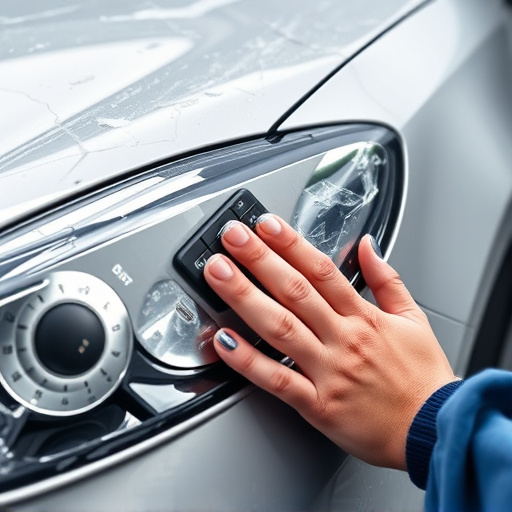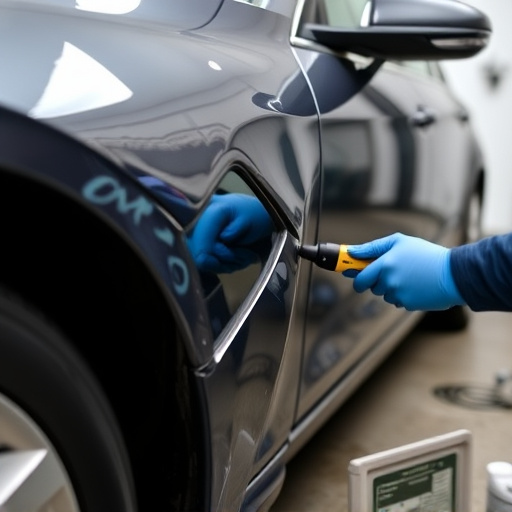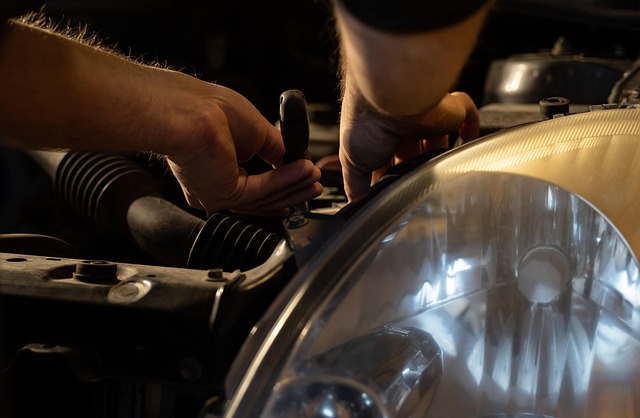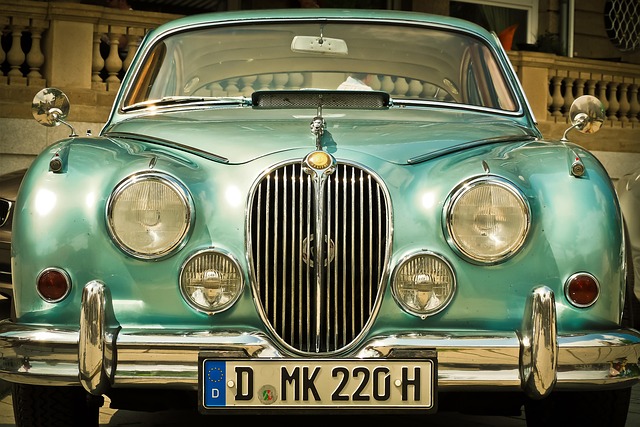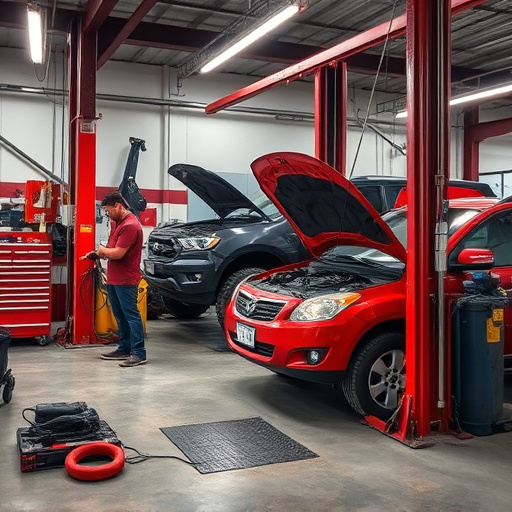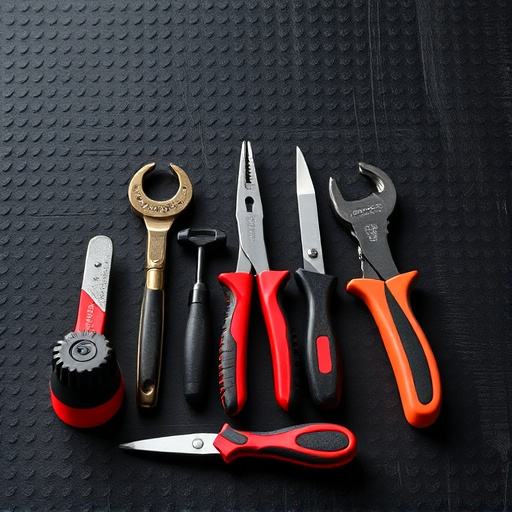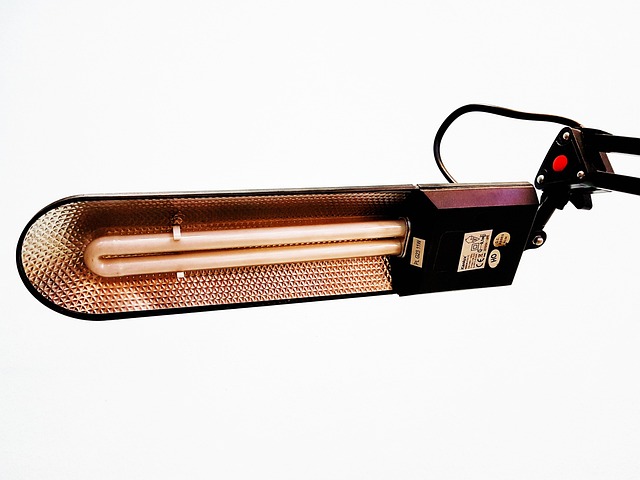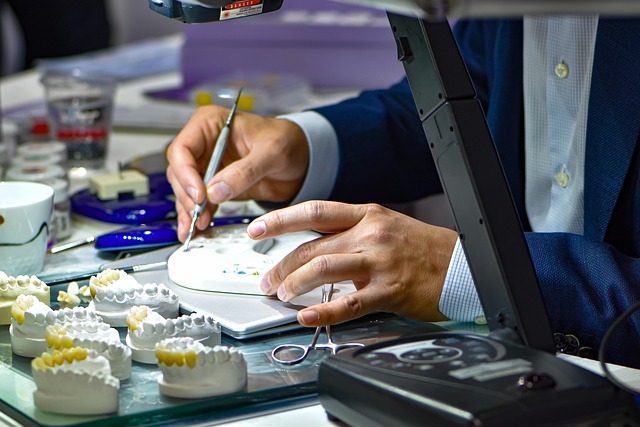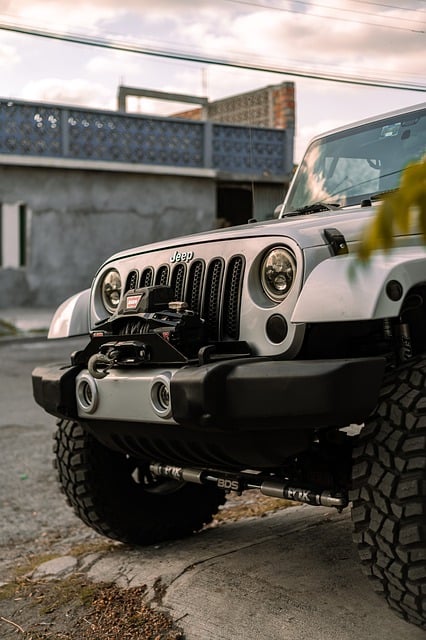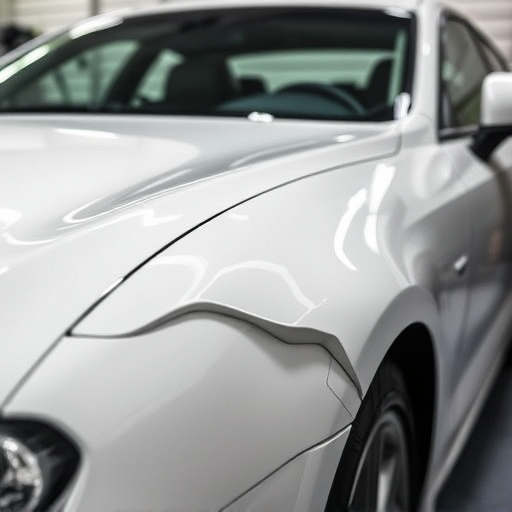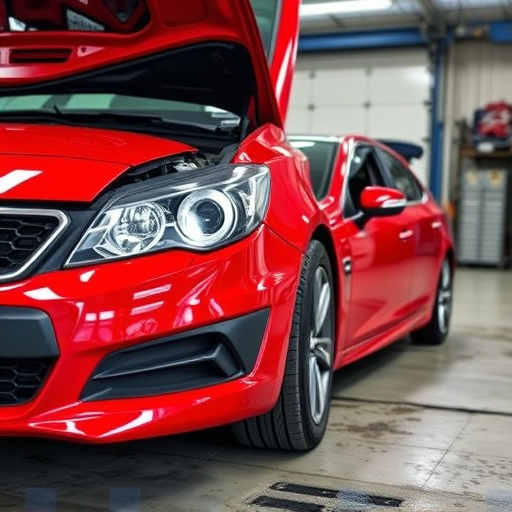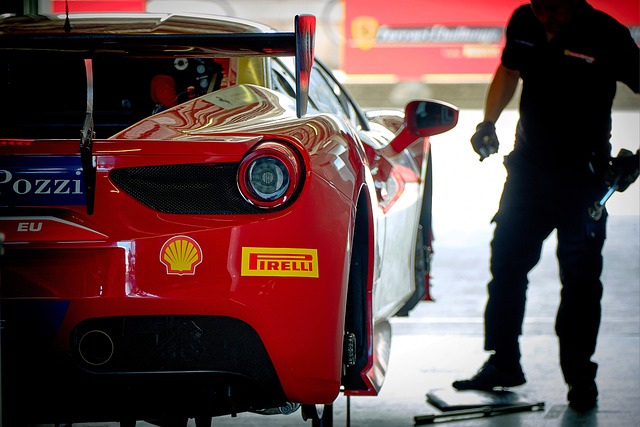Informed repair vs replace decisions for vehicles impact residual value. Repairs, especially complex automotive collision repair, boost car appeal and extend operational life, benefiting newer cars. Meticulous repairs preserve aesthetics and sustainability while maintaining vehicle value. Balancing short-term repair costs with future expenses ensures informed longevity and financial health decisions.
Making the choice between repairing or replacing your car is a crucial decision that significantly influences its residual value. This article guides you through the process, helping you understand the impact of repair decisions and when replacement is necessary. We’ll explore long-term value considerations for car owners, ensuring you make informed choices that maximize your investment. By understanding the nuances of repair vs. replace, you can navigate the automotive market with confidence.
- Understanding the Impact of Repair Decisions
- When Replacement Becomes Necessary
- Long-Term Value Considerations for Car Owners
Understanding the Impact of Repair Decisions
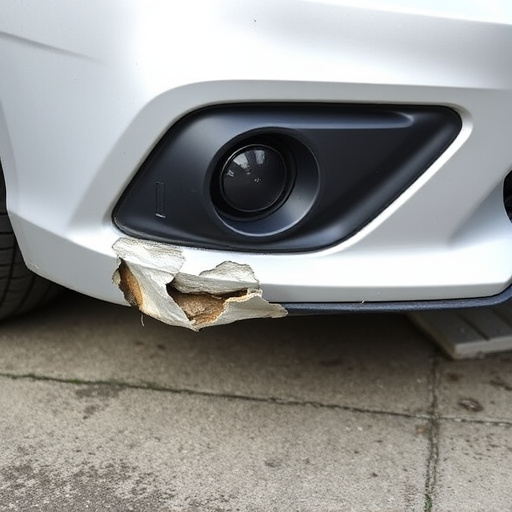
When faced with the choice between repairing or replacing a damaged car part, it’s crucial to consider how these repair vs replace decisions can significantly influence your vehicle’s residual value. Every time you opt for a repair, especially for more complex automotive collision repair, it demonstrates that your car has been well-maintained and cared for, which is attractive to potential buyers. This is particularly evident with relatively new cars where repairs can extend their operational life, making them more valuable in the secondary market.
Furthermore, specific components like auto glass replacement or vehicle bodywork repairs, when done meticulously, can restore a car’s aesthetic appeal without incurring the costs and environmental impact associated with replacing entire systems. As such, these decisions not only preserve your car’s value but also contribute to sustainability by reducing waste from vehicle bodywork replacements.
When Replacement Becomes Necessary
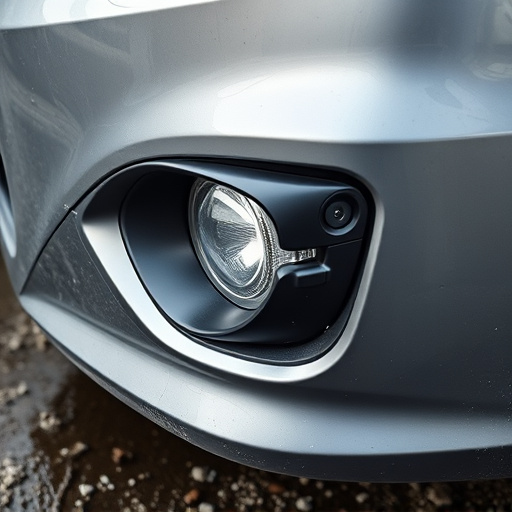
When a car ages or suffers significant damage, reaching the point where replacement becomes necessary is a pivotal moment for any vehicle owner. This decision often boils down to a careful balance between the cost and practicality of repairing versus acquiring a new one. In some instances, a luxury vehicle repair might be feasible, especially if the damages are minimal and the car still holds considerable resale value. However, as vehicles age, major components may fail, rendering them unsafe or inefficient. In such cases, a mercedes benz collision repair or that of any other high-end make could be expensive, and the overall condition of the vehicle might not justify the cost.
The need for replacement often arises from severe accidents, extensive cosmetic damage, or escalating maintenance costs. For example, if a car’s frame is compromised due to an accident, the structural integrity vital for safety becomes a primary concern. In such scenarios, even top-tier automotive body work cannot restore the vehicle to its former condition, making replacement the more logical repair vs replace decision. Additionally, ever-evolving technology and safety standards mean that newer models offer advanced features, improved fuel efficiency, and enhanced performance, which can be hard to match through repairs.
Long-Term Value Considerations for Car Owners
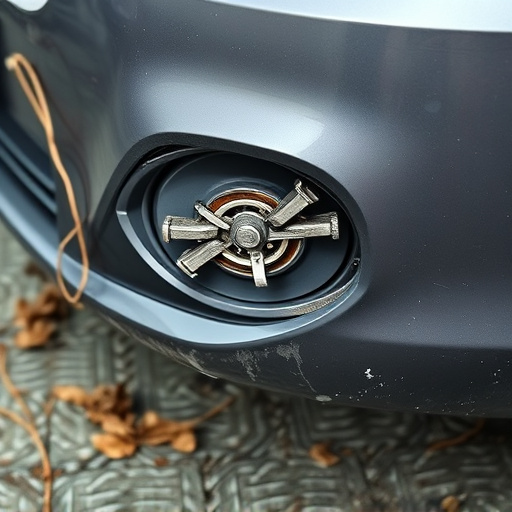
When car owners face a repair vs replace dilemma, considering the long-term value is crucial. While fixing an issue might be more economical in the short term, opting for replacement parts could significantly impact your vehicle’s resale value over time. Every repair decision should take into account the age and overall condition of your car. For instance, if your vehicle is nearing its end of life, extensive repairs might not be cost-effective or sustainable. In such cases, investing in a replacement might prove more beneficial, ensuring you have a reliable ride without the ongoing expenses associated with older models.
Moreover, the availability and affordability of collision repair services or even DIY vehicle repair can influence your decision. Modern cars are designed to last longer, and many components can be easily replaced or updated. An auto collision center’s expertise in handling various repairs might make it an appealing option for owners who want to keep their vehicles for an extended period. Ultimately, balancing the cost of repairs against potential future expenses and resale value will help car owners make informed choices regarding their vehicle’s longevity and financial impact.
Making informed decisions between repairing and replacing your car is crucial for maintaining its value over time. By understanding the impact of each choice, you can navigate the process effectively. While repairs extend the lifespan and preserve residual value, replacements offer a fresh start but with potential depreciation. Balancing these options ensures you get the most from your vehicle, both financially and in terms of performance. When considering long-term value, strategic decisions about repair vs replace can keep your car in top condition and maximize its resale potential.

